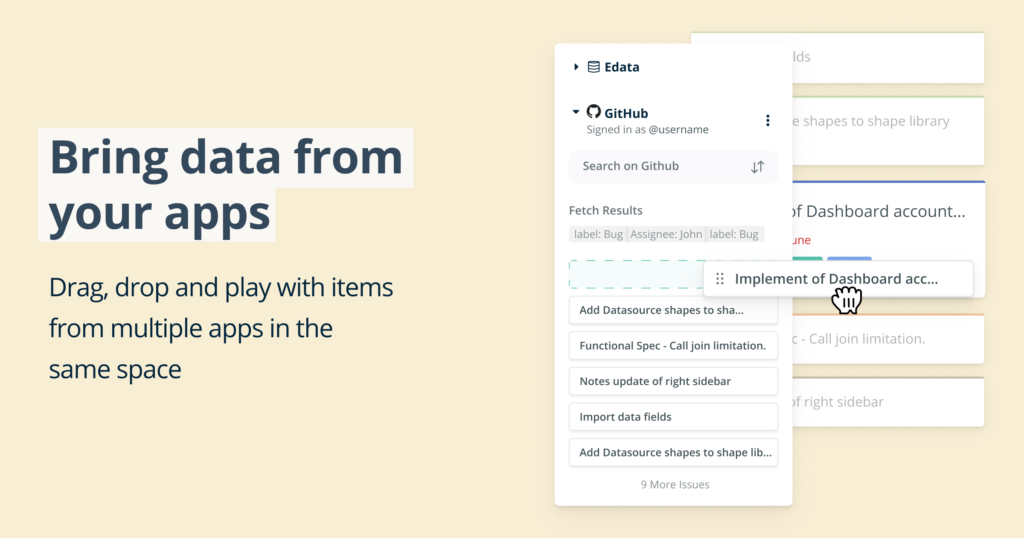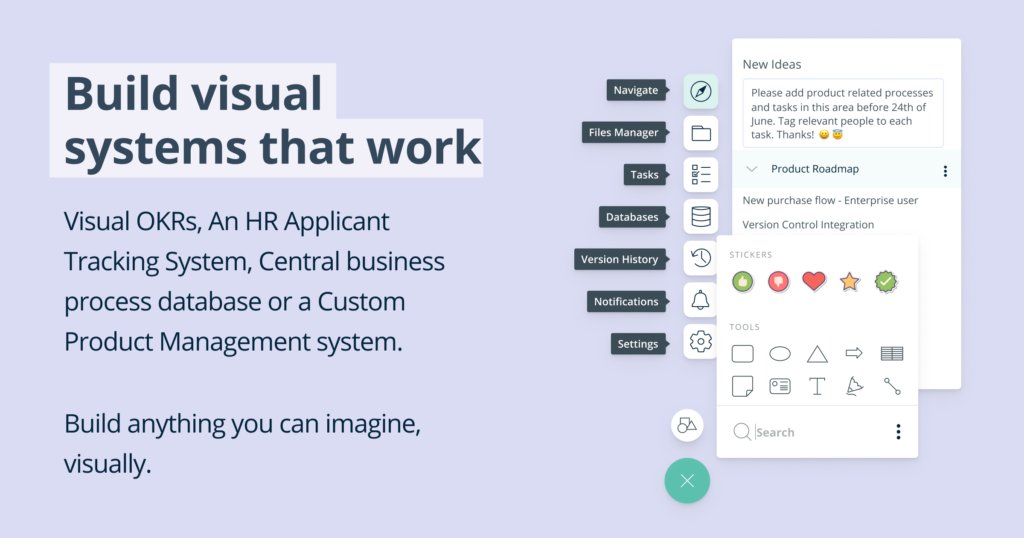The role of Business Analyst | Which type of Business Analyst are you?
Business Analysts come in many different shapes and sizes and although there is a lot of commonality between Business Analysts there are also a lot of variety when it comes to skill level, subject matter experience and work environments.
So where do the role of Business Analyst come from?
In a general and in the most rudimentary sense, the role of a Business Analyst came forth as a result of the evolution of software solutions within the organization. The need to be able to express what a business unit wanted a new software solution to do was what created the role that we now commonly refer to as the role of a Business Analyst.
 Naturally the role of the Business Analyst has evolved significantly since those early days and just like the software industry’s offerings have been delivering much more sophisticated solutions, just in the same way have the role of the Business Analyst become much more specialized, specific and enhanced.
Naturally the role of the Business Analyst has evolved significantly since those early days and just like the software industry’s offerings have been delivering much more sophisticated solutions, just in the same way have the role of the Business Analyst become much more specialized, specific and enhanced.
However, we are still today defining the role of the Business Analyst and trying to agree on what the profession of Business Analysis truly includes or not. When you compare the role of the Business Analyst to that of a well defined profession such as Accounting, you should keep in mind that the Business Analysis Profession is much younger and therefore less mature in it’s formulation than a profession such as Accounting. This is part of the reason why we still have a wide variety of people with different skill sets, experiences and backgrounds calling themselves Business Analysts.
The ongoing challenge for organizations to remain competitive and ahead of everyone else in this ever changing world is driving continuous change and progress within the technology world (and vice verse) which means that a role such as that of a Business Analyst must be adaptable and responsive enough to also continuously change and evolve to remain a value added and essential service within the organization. This fact is adding some additional dimensions to the ever-challenging task of defining exactly what a Business Analyst’s role is and what it is not.
If we wanted to look at a few examples of what a Business Analyst can be described as today it will highlight some of the difficulties of creating and establishing a precise definition of the role of a Business Analyst.
Example 1: The Business Analyst who works on a Project
Many, indeed most Business Analysts are employed to work on business projects which have at least some degree of implementing a technology solution as part of it’s main objective. In this case the Business Analyst’s role is primarily concerned with understanding the business requirements that must be met by the technology solution and ensuring those business requirements are implemented. There are a variety of established and agreed business analysis techniques, which are used to achieve this result.
Within the realm of projects the main difference between the types of Business Analysts are their years of experience and how much of their time they are spending doing subject matter expertise work gained within a previous role or as a consequence of being placed in one type of project environment for a long period of time. We will cover more about these types of variances in the roles of Business Analysts later on in this article.
Example 2: The Business Analyst who works in a Business Unit
Some Business Analysts are employed within a more operational role within the organization where they are often concerned with assisting in the development of business plans, business cases for initiatives or feasibility studies of different types of opportunities. This role could also support Benefit Realization Planning and investment logic work. Even within this role as a Business Analyst there is also the variance of doing reporting and data analytics within the role.
 In rare cases, the more experienced and senior Business Analysts would also be involved in defining business unit goals and objectives and aligning initiatives to support the strategic direction of the organization.
In rare cases, the more experienced and senior Business Analysts would also be involved in defining business unit goals and objectives and aligning initiatives to support the strategic direction of the organization.
Another variance of the operationally focused Business Analyst role is that of the Business Analyst with a financial focus. These Business Analysts are typically pre-qualified as Financial Professionals and not really aligned to the mainstream role of a Business Analyst. However, these roles are also referred to as being Business Analysts in many organizations today.
With the exception of the Business Analyst with a strictly financial focus coming from a financial academic background it is fair to say that both the category of project focused business analysts and operationally focused business analysts can operate and perform their jobs using a similar set of techniques and tools although there will be areas of significant differences as well. This is all well and good providing that the width and depth of these common and different techniques and approaches can be defined and be agreed to. This is what the Business Analysis Body of Knowledge prepared by the International Institute of Business Analysis is continuously working on getting defined.
Another dimension of differences between Business Analyst roles
There is still a different perspective to be had on the different types of Business Analysts out there in the market. Let’s now look at these Business Analyst roles and consider how they fit into this continuously moving profession of Business Analysis.
#1: The generalist Business Analyst with no formal education and minimal experience
There are a large number of people who currently enter the Business Analyst role with no formal Business Analysis qualifications and minimal experience. They literally “fall into” the role of Business Analysis with some stroke of luck. This happens sometimes when junior team members in an organization ask to be placed in a project environment as part of their professional development within the organization and this way they get the opportunity to start out as a business analyst. Fortunately for them many organizations still see the role of Business Analysis as a very fluid and general type role and hence feel comfortable to ‘drop’ people into the role with relative ease. This type of scenario will potentially become less frequent in future when the role of the Business Analyst is better defined and understood in organizations around the world but for now it creates an amazing opportunity for many individuals to start building their business analysis careers from.
#2: The hands-on Business Analyst with no formal education but a good level of experience
Many professionals within the market have learned the ropes of Business Analysis with minimal formal education and mostly through practical work within a specific type of Business Analysis technique range. These types of Business Analysts would be well versed in mainstream techniques such as business requirement gathering related tasks but less well versed in specialized Business Analysis techniques, which they have not had the opportunity to learn within their practical environment. This type of Business Analyst can develop themselves into qualified and experienced Business Analysts with ease.
#3: The Subject Matter Expert who is placed on a project and called a Business Analyst
A reasonably common type of Business Analyst role is that of a professional who is a subject matter expert within a specific domain who gets assigned the role of Business Analyst. They may well perform some mainstream Business Analysis tasks but is unlikely to be competent as a Business Analyst outside their subject matter area of expertise. These individuals do have the perfect opportunity to learn and apply Business Analysis knowledge and approaches within a provided environment quite easily and this way morph themselves into mainstream qualified Business Analysts.
#4: The qualified Business Analyst with years of Project Experience or Operational Experience within the same domain
Although this role as a Business Analyst is solid and likely to have a good knowledge base of Business Analysis approaches and techniques, this role runs the risk of transforming into a subject matter expert role because all work is done within the same domain. It is an easy trap to fall into and unless the individual wants to become a subject matter expert rather than a pure Business Analyst, they should consider creating more subject matter variety within their Business Analyst role.
#5: The generalist and qualified Business Analyst
With this Business Analyst role the individual has completed a formal qualification in Business Analysis through an endorsed type of training provider or a university. This type of Business Analyst is closest to the main stream Business Analysts that are defined currently and has a solid knowledge base of all the Business Analysis techniques and approaches available. Depending on their business experience, they may still require development when applying these practical skills across multiple subject matter areas.
#6: The qualified Business Analyst with years of Project or Operational Experience across multiple domains
 Finally, the Business Analyst role which is according to current thinking in the industry closest to the nirvana Business Analyst role is this one. It is because not only does this Business Analyst role have the knowledge base due to formal education but it also has the proof of applying these approaches and techniques equally effectively regardless of subject matter area or domain.
Finally, the Business Analyst role which is according to current thinking in the industry closest to the nirvana Business Analyst role is this one. It is because not only does this Business Analyst role have the knowledge base due to formal education but it also has the proof of applying these approaches and techniques equally effectively regardless of subject matter area or domain.
In conclusion
There are many interpretations out there of what a Business Analyst’s role is and these categories are touching only on the main ones but essentially it is a growing profession with a lot of value to add to the organization. As a Business Analysis Community we must work together to continue to add business value as our main objective whilst also remain focused on formalising and establishing Business Analysis as a robust and versatile professional career.




